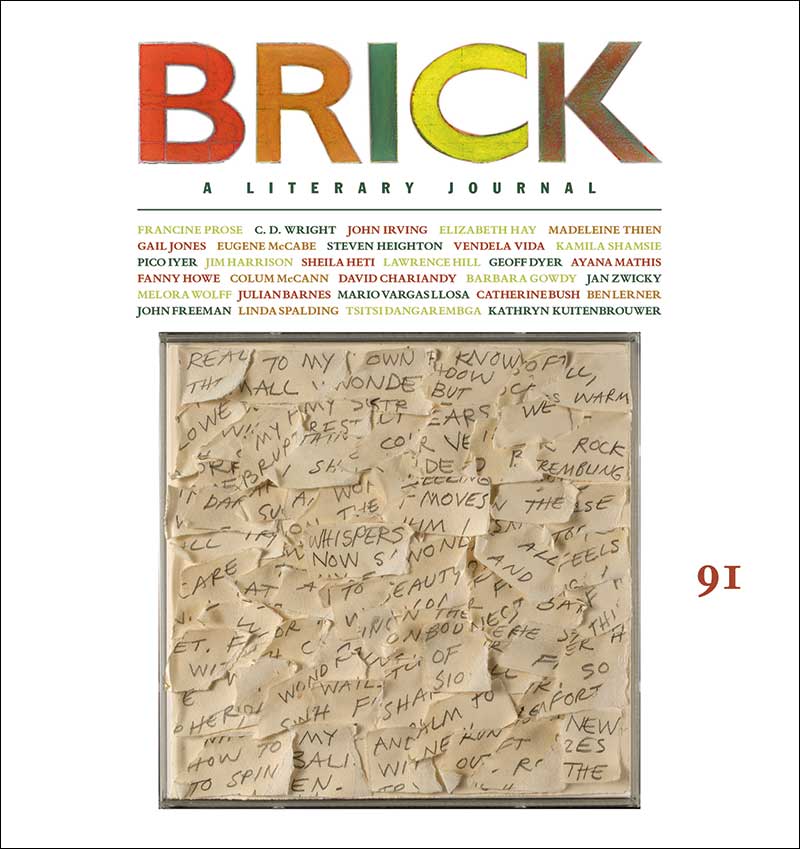I read Denis Johnson’s Jesus’ Son in 1995 when I was in graduate school, and it’s affected every ending I’ve ever written since. Even the endings to emails.
In case you haven’t read it, the book is called a short story collection, but because the characters and themes are related, I’d argue it’s a novel. It’s about a character who’s called Fuckhead (not his given name). Fuckhead endures a number of hardships—most of them revolving around drugs and alcohol—and, in one harrowing story called “Emergency,” witnesses a guy with a knife in his eye. It’s been almost twenty years since I read that story, and I can’t get the image of the guy with the knife in his eye out of my head. The book is many things—raw yet carefully sculpted, honest, and poetic—but one thing it’s not is hopeful. That is, until the last paragraph of the final story, “Beverly Home,” which is about Fuckhead working at a hospital for the aged (and sleeping with or spying on various women during his off-hours). The ending reads like this: “All those weirdos, and me getting a little better every day right in the midst of them. I had never known, never even imagined for a heartbeat, that there might be a place for people like us.”
One thing I love about this ending is that it’s very different from the endings to the other stories in the collection—stories that end with someone saying, “Talk into my bullet hole. Tell me I’m fine.” Or “And you, you ridiculous people, you expect me to help you.” In fact, the last paragraph of the book reframes everything you’ve read before. You might have thought Jesus’ Son was bleak and maybe even a tad nihilistic at times, but then, with this coda, you realize that Fuckhead and everyone around him aren’t doomed; they’re doing what the rest of us are doing, which can more or less can be summarized as trying not to feel alone in this world.
I think of Denis Johnson a lot when I’m thinking about the arc of a novel. I try to end my novels, the majority of which are dark, with some sense of hope—just a glimmer, just enough. Just enough to make me feel that like Fuckhead, my characters might be in a place with people like themselves.
Vendela Vida is the author of four books, including the novels The Lovers and Let the Northern Lights Erase Your Name. She is a founding co-editor of the Believer and the editor of The Believer Book of Writers Talking to Writers.
